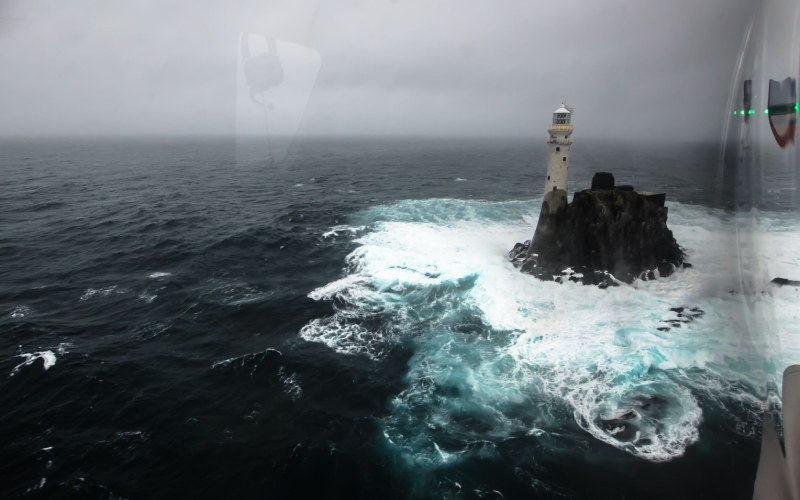
Update: 23 March 2020.
In accordance with UK government advice and UCL’s response to the coronavirus (Covid-19), this workshop will be held virtually via Zoom. The date will remain Wed 13 May 2020. We anticipate a much shorter duration, with a number of engaging talks, but much less discussion due to logistical issues. We also plan to record the workshop to make it more widely available for those unable to attend. We also hope to follow up with a physical meeting once the coronavirus situation is under control.
The workshop marks the end of the STORMLAMP project and will be held virtually, on the afternoon of Wednesday 13th May 2020.
The virtual event will involve short, engaging presentations on lighthouse research and other relevant areas from academics, heritage professionals and industry stakeholders. There may also be discussions on future directions for related research, if this can be facilitated.
Please register here to book your place.
The full programme and details of how to join the virtual meeting on Zoom will be shared here.
The STORMLAMP Project:
The STORMLAMP project is a comprehensive EPSRC-funded project focusing on the structural response of rock mounted lighthouses to wave loading. The 4 year project commenced in May 2016 and is a unique collaboration between University of Plymouth, University of Exeter and University College London. It has worked closely with the UK and Irish General Lighthouse Authorities (Trinity House, Irish Lights and the Northern Lighthouse Board) and other industry partners (AECOM, HR Wallingford, Atkins and the Environment Agency).
The project has entailed: fieldwork to characterise structural behaviour of the lighthouses and associated long-term monitoring of their response to being impacted by waves; experimental testing to characterise the wave impacts in the Plymouth COAST Laboratory Ocean Basin alongside CFD modelling; and detailed structural assessment of historic lighthouses modelled following an in-depth study of original nineteenth century drawings.
Leave a Reply